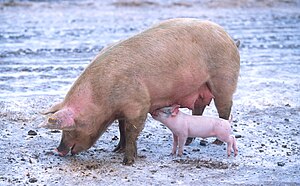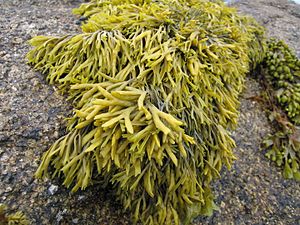Cargill has been quick to get involved in the growing interest in the natural personal care market.
Studies show that the natural personal care market grew by
nearly 15 percent annually between 2005 and 2010, compared to 4 percent for the
overall market. Growth is strong in all regions, with Brazil leading the
charge. In Europe, the largest region, Germany is the most developed
market for natural beauty products.
Cargill has developed an ingredient from seaweed which can be used in hair products to add texture. Beatural is can be used to develop beauty products made with natural
polymers. This technology was originally used in food texturisers to the
personal care category.
Marie-Laure Roumiguière, Pharma
& Personal Care Category Manager at Cargill, discusses the shape of
the market and how it is changing.
 |
| English: Hair gel. (Photo credit: Wikipedia) |











